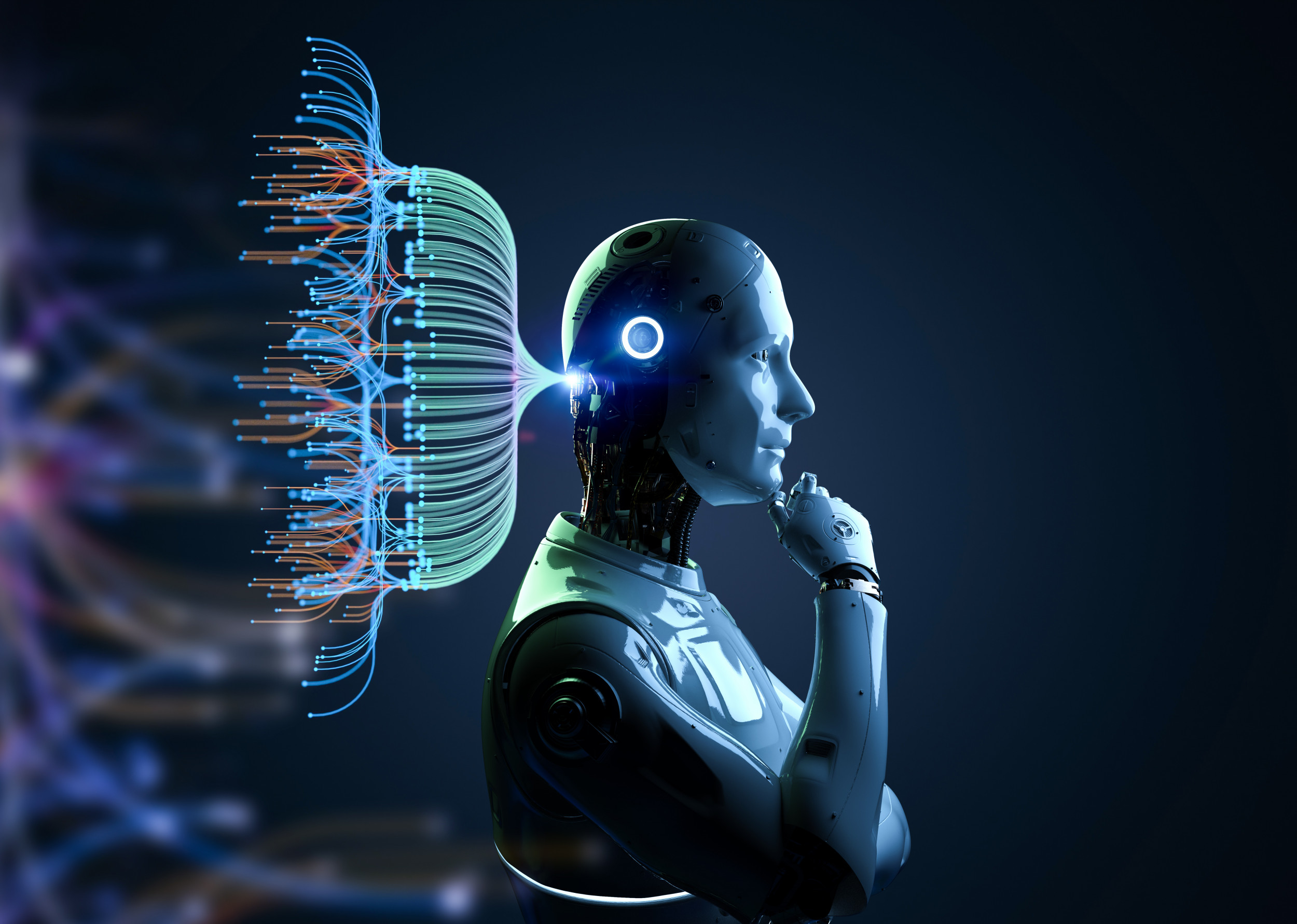As the global population continues to rise, the demand for sustainable and efficient food production has never been greater. Artificial intelligence (AI) is emerging as a powerful tool to address these challenges, revolutionizing agriculture and paving the way for a more sustainable future. This blog post explores how AI is transforming agriculture, highlighting its role in enhancing productivity, sustainability, and innovation.
Enhancing Crop Management

AI is significantly enhancing crop management practices, allowing farmers to make more informed decisions. Through the use of machine learning algorithms and data analytics, AI can analyze vast amounts of data from various sources, including satellite imagery, weather forecasts, and soil sensors. This data helps in predicting crop yields, identifying pest infestations, and optimizing irrigation schedules. For instance, AI-driven platforms can detect early signs of crop diseases by analyzing images of plants, enabling farmers to take timely action and prevent widespread damage. By providing precise and actionable insights, AI helps farmers maximize crop health and yield, ultimately contributing to higher productivity.
Precision Farming
Precision farming is another area where AI is making a significant impact. This approach involves using AI technologies to monitor and manage crops at a micro-level, ensuring that each plant receives the optimal amount of resources. Drones equipped with AI-powered cameras can scan fields to assess plant health, soil conditions, and moisture levels. This data is then used to create detailed maps that guide the application of water, fertilizers, and pesticides. By delivering resources precisely where they are needed, precision farming reduces waste, lowers costs, and minimizes environmental impact. AI-driven precision farming practices are helping farmers achieve higher efficiency and sustainability in their operations.
Automating Agricultural Tasks
Automation is revolutionizing agricultural practices, and AI is at the forefront of this transformation. AI-powered robots and machinery can perform various tasks, from planting seeds and weeding to harvesting crops. These machines use advanced sensors and computer vision to navigate fields and perform tasks with high accuracy and efficiency. For example, AI-driven harvesters can identify ripe fruits and vegetables, ensuring that only the best produce is picked. This automation not only reduces labor costs but also increases the speed and consistency of agricultural operations. As AI technology continues to evolve, the scope and capabilities of automated agricultural tasks are expected to expand further.
Improving Livestock Management

AI is also transforming livestock management, leading to healthier animals and more efficient operations. AI-driven systems can monitor the health and behavior of livestock in real-time using sensors and wearable devices. These systems analyze data such as body temperature, movement patterns, and feeding behavior to detect early signs of illness or stress. Farmers can receive alerts and recommendations for intervention, ensuring timely and effective care. Additionally, AI can optimize feeding schedules and nutrition plans based on individual animal needs, improving growth rates and productivity. By enhancing livestock management, AI contributes to better animal welfare and more sustainable farming practices.
Enhancing Supply Chain Efficiency
The agricultural supply chain is complex and involves various stages, from production to distribution. AI is enhancing the efficiency and transparency of this supply chain by providing real-time data and predictive analytics. AI-driven platforms can forecast demand, optimize inventory levels, and streamline logistics, ensuring that produce reaches consumers in the best possible condition. Blockchain technology, combined with AI, can track the origin and journey of agricultural products, ensuring transparency and traceability. This not only reduces waste and losses but also builds consumer trust in the quality and safety of their food. AI-driven supply chain management is helping to create a more resilient and efficient agricultural ecosystem.
AI is playing a crucial role in transforming agriculture, enhancing crop management, precision farming, automation, livestock management, and supply chain efficiency. These advancements are helping farmers increase productivity, reduce environmental impact, and ensure sustainable food production for the future. As AI technology continues to evolve, its impact on agriculture will only grow, driving innovation and enabling us to meet the global food demand more effectively.

Leave a Reply